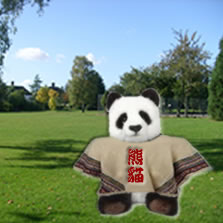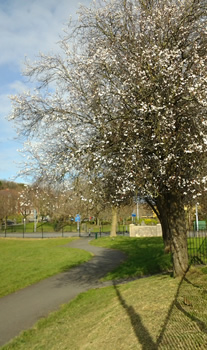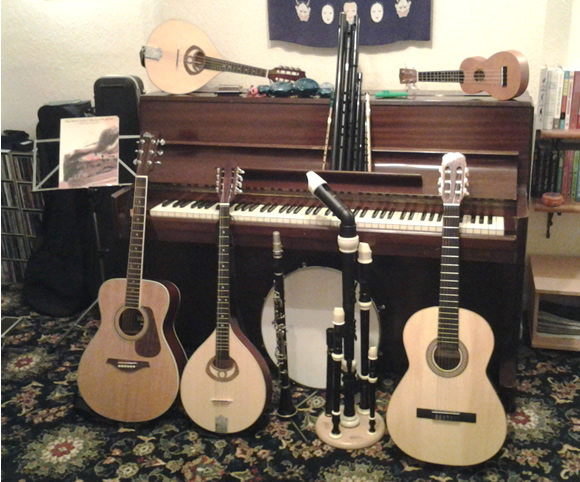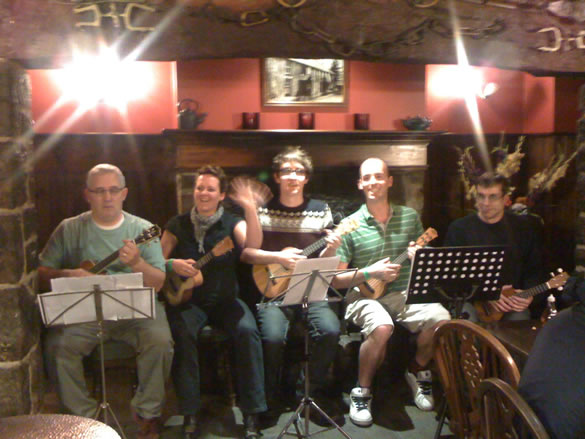I’ve realised that I’m a lazy language learner. I don’t spend every spare moment studying and practising languages, and don’t usually try to learn as much of a language as possible in a short time. When I go for a walk I like to be in the moment sensing what there is to sense, rather than listening to language lessons or podcasts, though I do do that occasionally. I also like to just think and daydream at times.
If I’m planning a trip to another country, or expect to meet people who speak a different language, I’ll learn some of it before then. For example, I spent two months learning Italian before going on holiday to Italy. I was able to have very basic conversations and could understand and read the language to some extent, but was nowhere near fluent. Otherwise I generally learn languages out of interest, and because I feel a connection to them, to where they’re spoken and/or to people who speak them. I spend a lot of time listening to online radio, podcasts, audiobooks and other audio material, reading texts aloud, learning songs and poems, and sometimes writing blog posts and having conversations in speech or writing. I’m usually in no hurry and try to absorb the languages as much as possible, and look up words and grammatical constructions I can’t work out from context. If I find some aspects of learning tedious, I try a different approach. After quite a few years I might get to the stage where I can understand and read almost everything, and speak and write a language fairly well, though my listening and reading tend to better than my speaking, which doesn’t bother me at all.
I’m interested in all languages and in the process of language learning and acquisition, however if I don’t feel any particular connection with of a language and had no plans to visit places where it’s spoken, I don’t usually get very far with it. I’ve learnt a few languages to try out language courses and chose ones I hadn’t studied before, and soon gave up on them for these reasons.
When I’m learning classical pieces on the guitar I find some parts of them more difficult than others. One approach I use is to play those parts over and over until they are embedded in my muscle memory, though this can be somewhat tedious. Another approach I use is to play them slowly note by note observing where my fingers are and where they need to be and anticipating each position in my mind. In this way I find out which particular bits I need to focus on the most. When playing a whole piece I tend to worry about the tricky bits and expect to get them wrong, which I often do, though when I manage not to think about them, they sometimes go smoothly.
This step-by-step approach might work with some aspects of languages. For example, if you’re finding particular words difficult to pronounce, you could try breaking them down into phonemes and working out where the problem is. Then you could concentrate on getting the problematic sound(s) right.




